The Internet lets you connect with anyone anywhere, but that also exposes you to several online risks. Make sure you’re protecting your social media privacy.
You have many ways of maintaining online privacy, such as keeping sensitive information out of public posts. Also, you can deploy a virtual private network or VPN for additional protection.
READ: How to go Incognito Mode
Article continues after this advertisementThis article will discuss all the available methods, from the basics to the advanced. They cannot guarantee 100% protection, but they can greatly enhance your security.
FEATURED STORIES TECHNOLOGY vivo launches V40 Lite with 5000mAh battery covered by 50-month warranty, starts at Php 13,999 TECHNOLOGY Galaxy Buds3 Pro: Delivering tailored sound wherever you go TECHNOLOGY Very mindful, very intuitive: ASUS’ most superior AI PC yet, the Zenbook S 14, empowers you to achieve more The 9 ways to maintain social media privacy Keep your profile private Avoid sharing too much info Think before responding Improve your security settings Select online friends wisely Avoid linking with public computers and Wi-Fi Delete unused social media accounts Update your phone and apps Try a VPN 1. Keep your profile private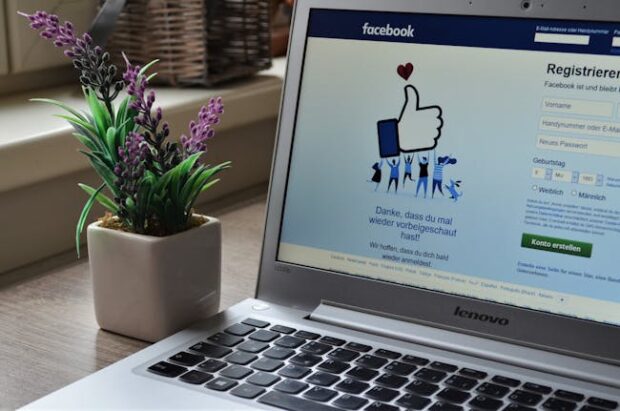
 Free stock photo from Pexels
Free stock photo from Pexels
A public profile is the number one enemy of social media privacy. It lets everyone see your posts and profile information, which malicious individuals could use to make fake profiles.
A determined stranger could study your daily routine from your social media posts. For example, they can learn your writing style and hobbies.
Article continues after this advertisementThat person could make a fake profile and mimic those characteristics to impersonate you. As a result, it could tarnish your reputation and ruin parts of your life.
Article continues after this advertisementEmployers now check applicants’ social media profiles to spot behavioral problems. Consequently, a social media privacy breach could damage your job opportunities.
Article continues after this advertisementWorse, some folks could discover your address based on clues hidden in your posts. As a result, a stalker may follow you to your home.
Set your Twitter, Facebook, Instagram, and other profiles to maintain online security. That way, only trusted individuals can see your online activity.
Article continues after this advertisement 2. Avoid sharing too much info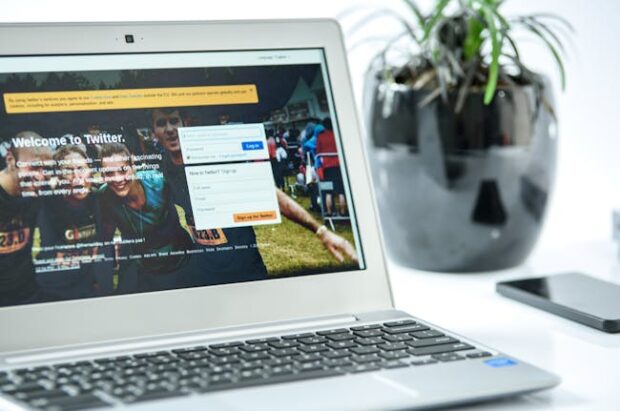
 Free stock photo from Pexels
Free stock photo from Pexels
Many people treat their social media accounts like diaries, sharing their inner thoughts daily. However, that can be dangerous, especially if strangers can read them.
Tech guide website PCMag recommends asking these questions before you post anything on the Internet:
Who needs to know this? Do I want strangers to see this? Do I want this to follow me forever? What do I want to happen after I post this?If you are about to post something intimate or potentially damaging to your life, don’t. Also, you should not share ID information on the Internet.
For example, do not post about your new credit card on the Internet. Some do, and they quickly realize someone maxed out their card, damaging their finances.
More importantly, avoid sharing your current location, even if you have trusted people around you. That information may attract stalkers.
3. Think before responding
 Free stock photo from Pexels
Free stock photo from Pexels
Internet culture encourages people to become overreactive to online content. For example, content creators use clickbait titles and images to elicit extreme reactions from audiences to gain views.
Social media networks like Twitter spark debates on nearly every topic, even mundane ones. Consequently, you may find yourself furiously replying to these posts.
Letting your emotions run rampant is a social media privacy threat. Many people have shared harmful content or sensitive information in fits of rage, endangering their online reputation.
Check the four questions above before you reply to anything online. Moreover, be careful when responding to security alert emails and messages.
READ: How to find your Wi-Fi password
Scammers might tell you that your social media account got compromised. That is why you should send them your login credentials to solve the problem.
If you receive such messages, check their origin. Legitimate security notifications should come from your social media app or your phone, not from random text messages.
4. Improve your security settings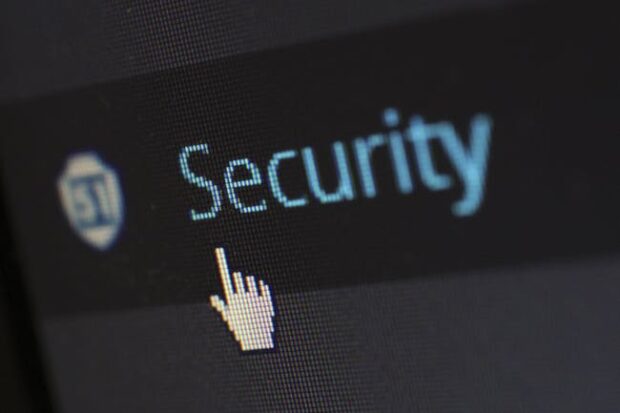
 Free stock photo from Pexels
Free stock photo from Pexels
The most repeated social media privacy tip is probably using a strong password, and it’s for a good reason. Using a complicated one makes it harder for hackers to break into your account.
Many hackers use what’s called the brute force method. It involves a computer program testing every possible alphanumeric combination to find one that opens your account.
This method uses a lot of computing power, but it is viable for accounts with short and simple passwords. On the other hand, a hacker must exert more effort if you use a strong password.
It can be difficult to track different passwords for various accounts, so try a password manager. Google Chrome has a built-in one, but you could choose third-party options.
If you’ll use Chrome to keep passwords, enable two-factor authentication (2FA). It requires anyone accessing your account to enter a code sent to your email or phone.
You may also use the Google Authenticator app for a simpler method. Most social media networks have this feature, so activate it for yours.
5. Select online friends wisely
 Free stock photo from Pexels
Free stock photo from Pexels
During the early days of the Internet, people saw it as a way to connect with people worldwide. Nowadays, that dream continues as many form friends and even find their significant others on the Web.
However, some folks take advantage of that feature by tricking people into being their friends. Then, they could convince a person to share sensitive information or meet them for more nefarious schemes.
Choose the people you connect with online and in real life. Also, limit your social media account viewing to trusted friends to ensure your security.
6. Avoid linking with public computers and Wi-Fi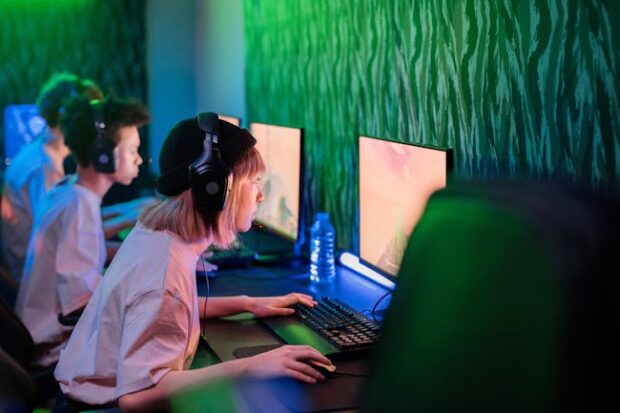
 Free stock photo from Pexels
Free stock photo from Pexels
Only access your accounts on your devices. Logging in via public computers from internet cafes or someone else’s device can become a social media privacy concern.
Public computers may have keyloggers, which save usernames and passwords. As a result, a stranger may use that information to enter your account without permission.
You should also watch out for public Wi-Fi hotspots in malls and airports. Some savvy individuals install fake hotspots to fool people into providing access to their devices.
If it’s an emergency, choose a hotspot with a password, such as those in cafes and restaurants. Confirm with staff that you’re linking to the right one. Delete your browsing history if you use a computer at an internet cafe or another public area.
7. Delete unused social media accounts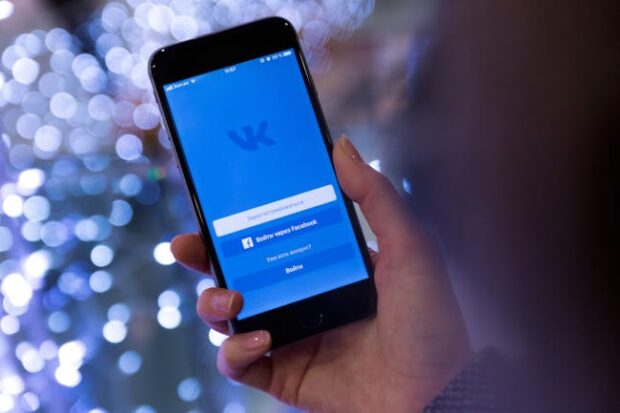
 Free stock photo from Pexels
Free stock photo from Pexels
You probably made a social media account during your school days. If you let it sit, someone may try to hack that and impersonate you.
It would be a perfect account because it will show that it’s been active for years. Consequently, you should delete unused profiles for social media privacy.
READ: How to delete your Reddit account
Search yourself on your favorite social media platforms if you don’t remember your previous accounts. Then, see if you can access and delete them. You may also ask customer support for assistance.
8. Update your phone and apps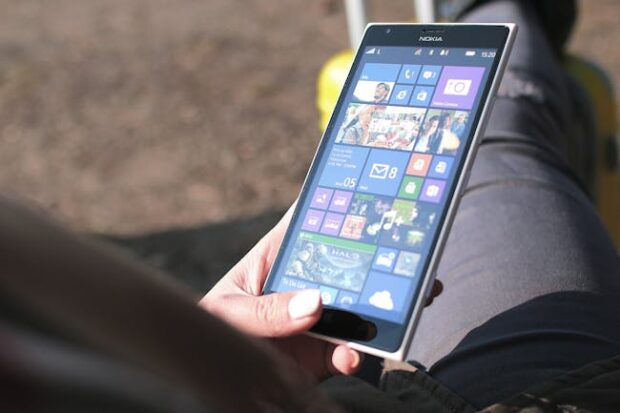
 Free stock photo from Pexels
Free stock photo from Pexels
Tech companies know that hackers always find new ways to break online security. Consequently, they often launch updates to protect users.
That is why mobile devices usually remind people to install the latest ones. In response, you should download these upgrades.
If you haven’t received notifications, do it manually via the Settings app. Also, head to the Google Play Store or Apple App Store to update your social media apps.
9. Try a VPN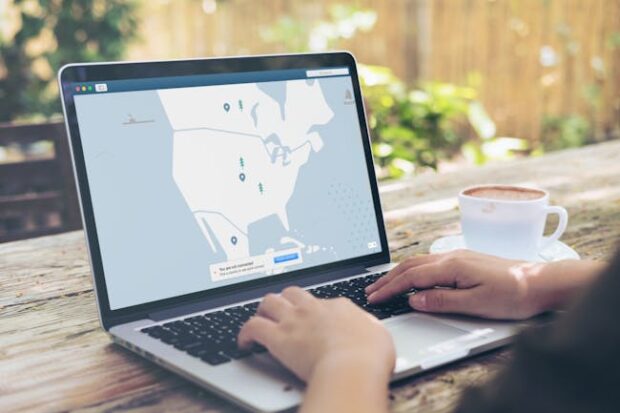
 Free stock photo from Pexels
Free stock photo from Pexels
You may have noticed YouTubers and other content creators promoting VPNs as their sponsors. These are virtual private networks, systems that reroute your online traffic to hide your IP address.
This enables you to use features that apps limit based on your location. For example, switching your location to the United Kingdom will let you access content exclusive to that country.
Subscribe to our daily newsletter
More importantly, it’s a powerful social media privacy tool that can make you invisible to hackers. Howeverggplay, you should choose reputable VPNs. Some sell user information to data brokers who might use that data for malicious purposes.
TOPICS: Social Media, technology READ NEXT How to fix your TV remote Acer opens official store on Shopee, offering exclusive deals ... EDITORS' PICK WPS: US missile deployment to PH key for combat readiness – US general Marcos smiled, walked away when asked about VP Duterte’s accusation NBA: Nuggets give Aaron Gordon 4-year, $133M extension INQside Look with senatorial aspirant Tito Sotto Party-list system: What to know ahead of 2025 polls DILG identifies 38 hotspots ahead of 2025 polls MOST READ SC issues TRO vs Comelec resolution on dismissed public officials Tropical Storm Kristine slightly intensifies; Signal No. 2 in 5 areas Walang Pasok: Class suspensions on Wednesday, Oct. 23 LIVE UPDATES: Tropical Storm Kristine View comments